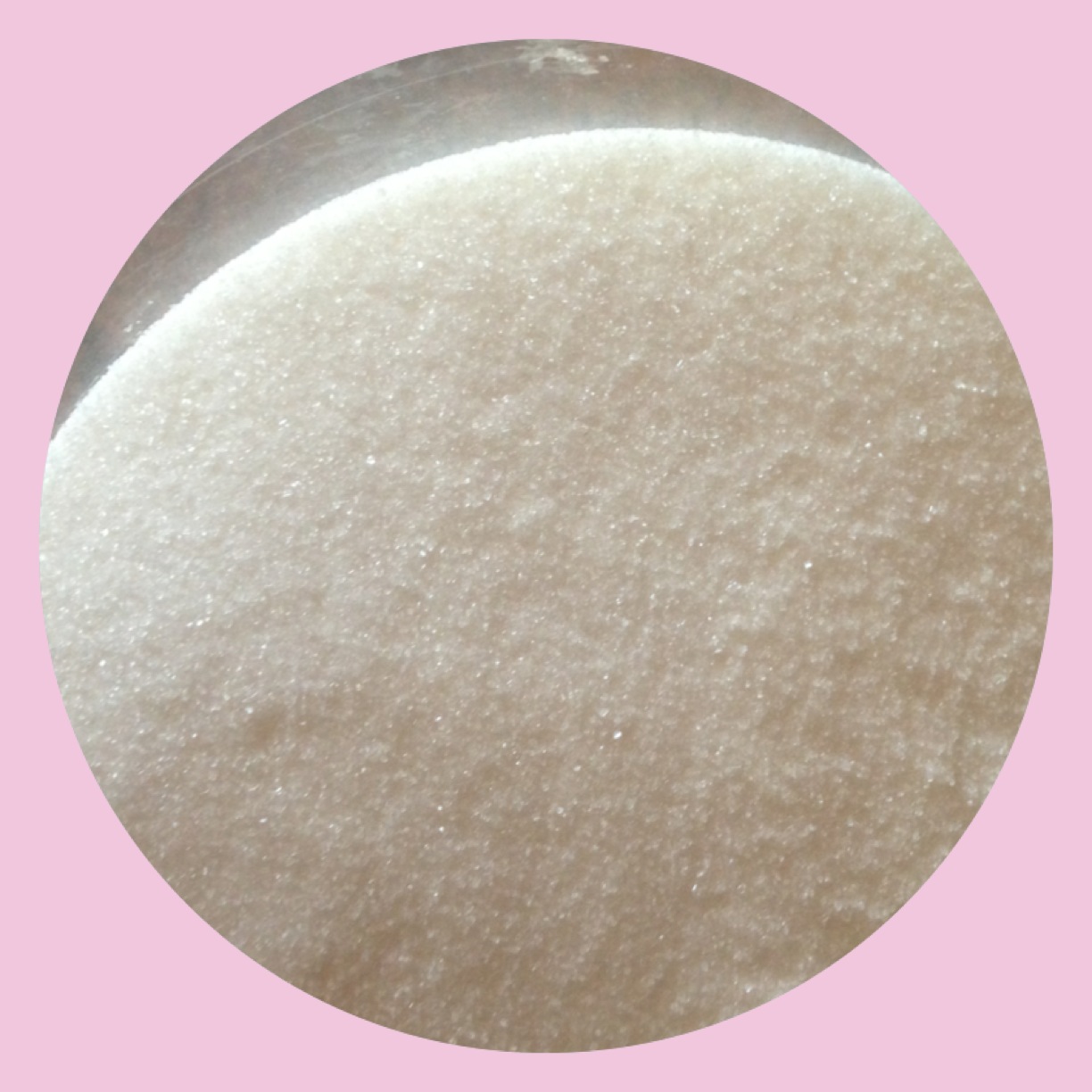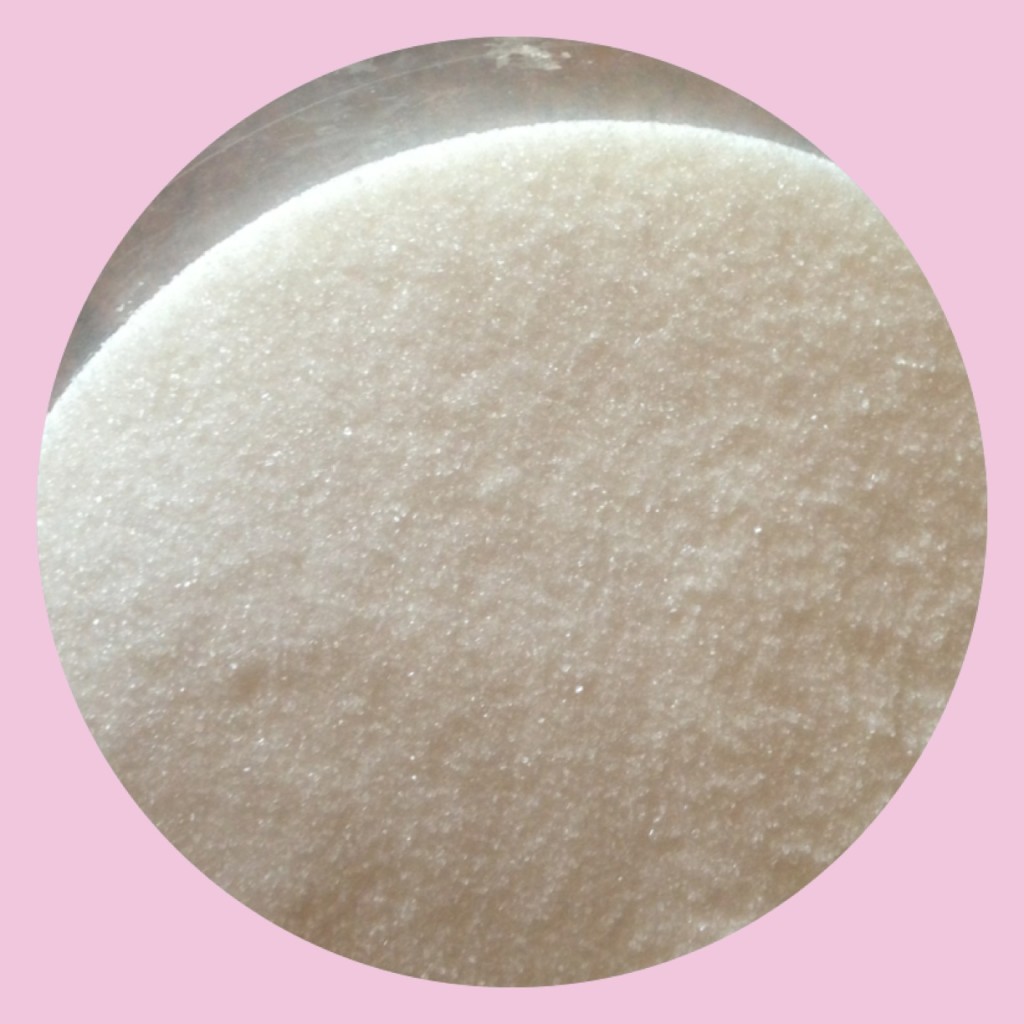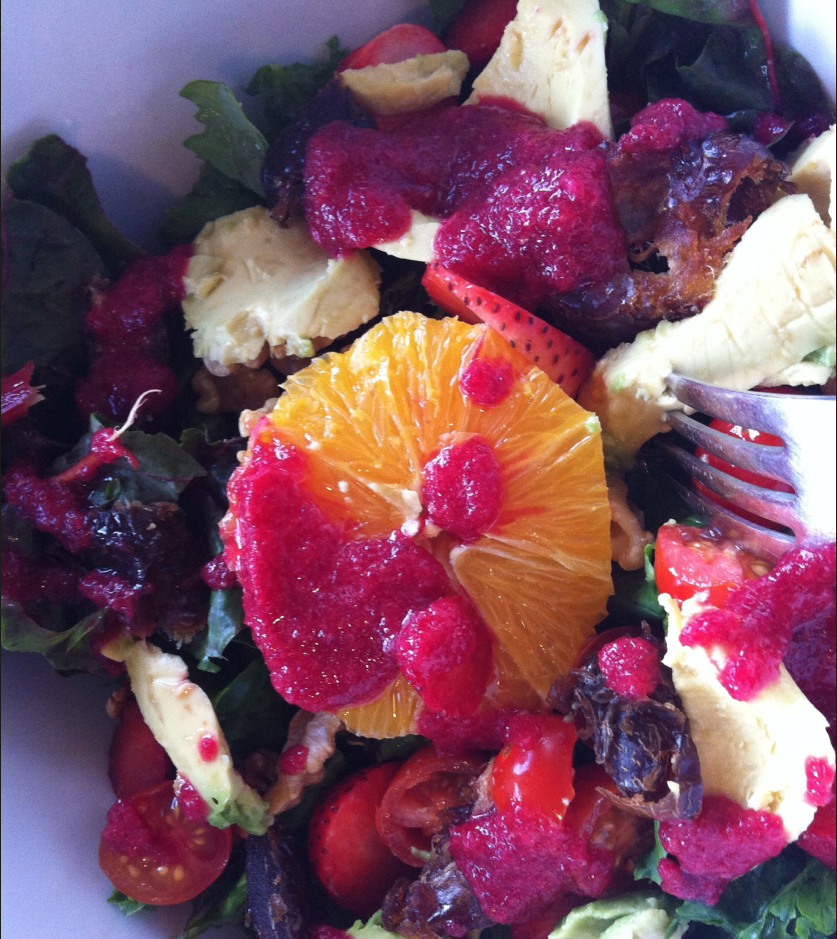

Sugar, How sweet you haven’t been to me
It’s my birthday, it’s her birthday, it’s Thanksgiving, Christmas, my son got straight A’s. How many different occasions do we need to celebrate with sugar? I actually never needed an occasion, unless getting up in the morning is considered an occasion. I would consume it daily, never turn it down, and rarely did I ever give it a second thought. At the time I did know the things I’m about to share about sugar, but I lumped it into the same thought process as I did about all food; denial. It’s out there, it’s a cultural thing, I am still alive, so with an “everything in moderation” spirit, down the hatch it went. The problem with this thought process is what is known as “proportion distortion”. Moderation started to look a little different, in comparison to our super sized culture mentality.
So what is the truth about sugar? Is it something we should avoid, is it something we are able to consume in moderation? Or most importantly, how sweet is sugar to us- as in how does it benefit us?

Sugar is a simple carbohydrate. When consumed, it is quickly turned into glucose. Your blood levels spike, and this is where the “sugar high” comes in. It spikes quickly because there is no fiber or protein content (which would help slow the process). And then down we come crashing. As a result, we become lethargic, and ready to eat again, typically craving more simple carbohydrates.
Simple carbs have very little nutritional value to us. They are foods such as table sugar, chocolate, candy, white flour, most cereals, soda, and cake. Sugar means empty calories!
Sugar contains a high about a fructose. The only organ that can metabolize fructose is the liver. When the liver is overloaded with sugar (including sugars from alcohol of course!) a number of medical issues can result, and it is also converted into fat.
Sugar is harmful for your cholesterol and triglyceride levels, which as a result can cause heart disease and obesity.
Sugar causes insulin resistance, which is a stepping stone toward obesity and diabetes.
Sugar causes leptin resistance; when high levels of fructose are consumed, we block the leptin signals from our brain, and then we have no signal to tell us when we are full.
Sugar does not satisfy! Sure, for the moment you feel satisfied, emotionally, but because of the decreased blood flow to the hypothalamus, we are do not feel full.
The list can go on, but the question to ask is how do you really benefit from sugar? Are you willing to exchange a few moments of emotional pleasure for a vicious *cycle* of sugar lows and cravings? I kicked this habit when I implemented more ethical ways of eating, and I’m happy to say that I feel better physically, emotionally, and spiritually.


My son says he’s the only sweet addiction I need, and I have to agree with him on that (shh, don’t tell him my other kids are my addiction too).

Happy Monday, have a great week!
(sources: www.popsci.com, www.share.com)
~Paris
*All opinions are my own.
- Homemade Almond Milk - June 6, 2015
- Make Your Own Granola Bars - September 24, 2014
- Vegan Cabbage Stuffed with Veggies and Couscous - September 16, 2014


I try not to consume too much sugar but these days EVERYTHING has sugar in it.
Oh boy, I am a guilty sugar feind…. Pass the cookies 🙂
Great post, thanks for sharing the info…I have been trying to find a way to explain to my daughter the importance of moderation when it comes to sugar, and I think the language and explanation you use will do the trick!